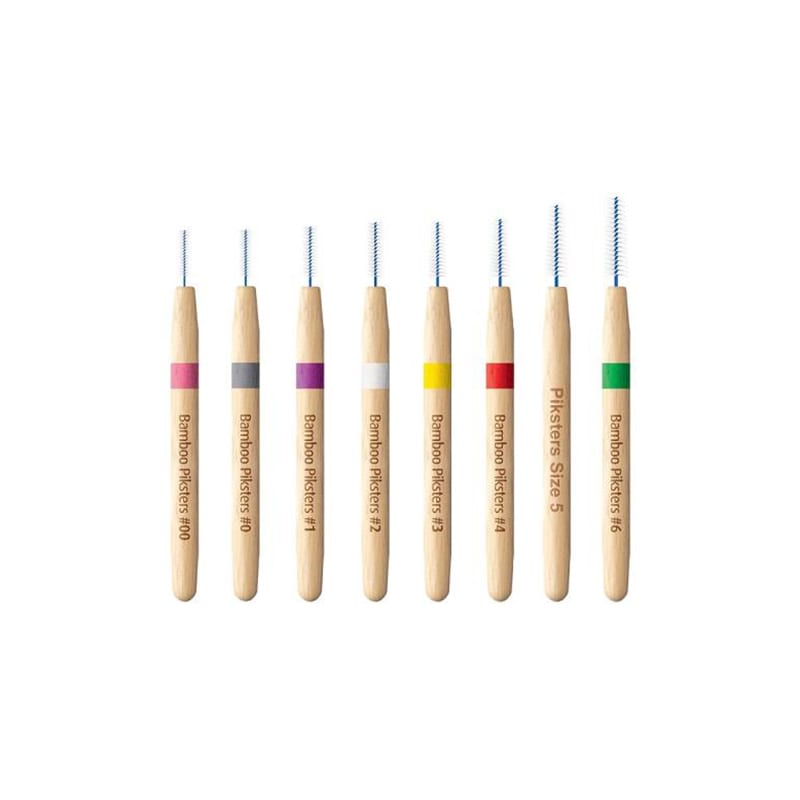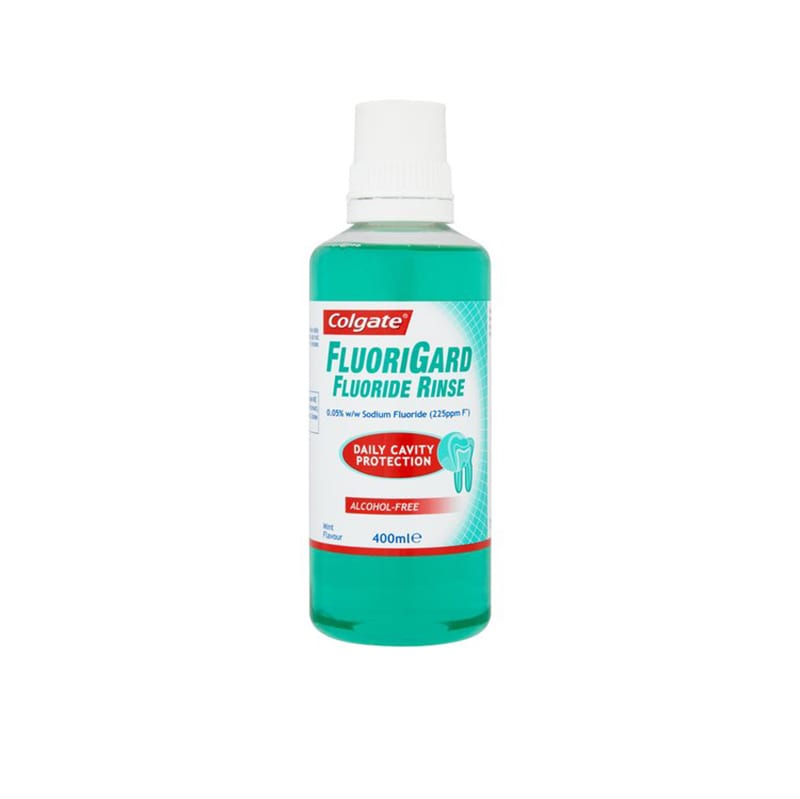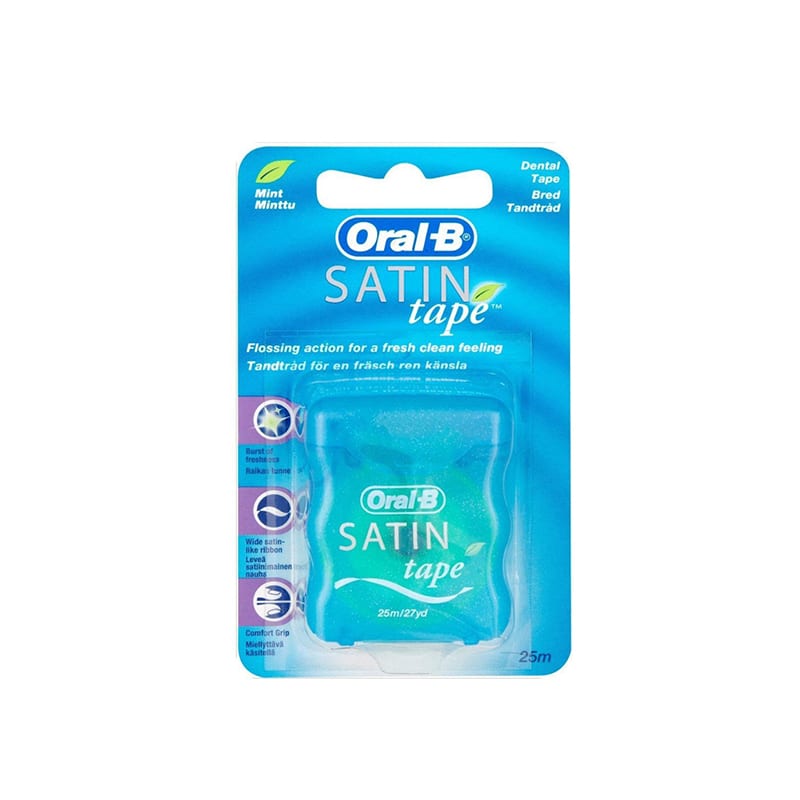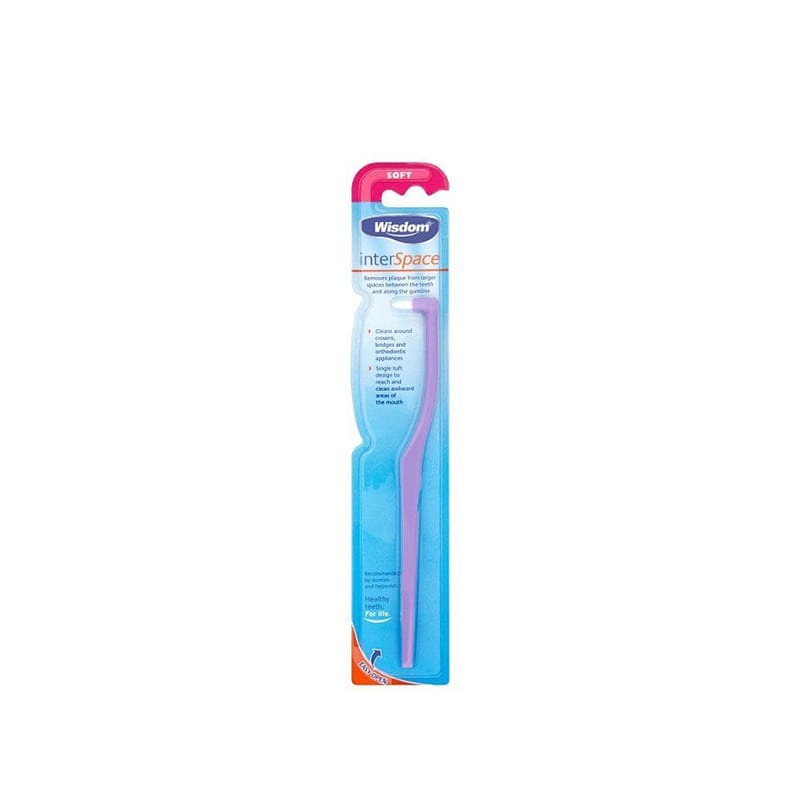Visiting The Hygienist
Does every practice have a hygienist?
Not all practices have a hygienist.
However more of them now offer this as part of the service to patients, using part-time and full-time hygienists. Hygienists can now work when a dentist is not there, as long as the dentist has seen the patient and the treatment is prescribed for the patient.
What is a hygienist?
Dental hygienists are specially trained to work with the dentist in giving care to patients.
They play an important role in dental health care and are mainly concerned with gum health, showing people correct home care and applying preventive materials to the teeth and gums.
Can a hygienist help prevent dental disease?
This is what the training of the hygienist is all about. Carefully removing the deposits that build up on the teeth (tartar) and teaching you how to prevent it reforming again, will go a long way to slowing the progress of gum disease.
By discussing your diet, and recommending other preventive measures, your tooth decay can also be slowed down.
What help is available for children
Children can benefit from having their teeth polished. The hygienist can also apply fluoride gels and solutions to help prevent decay.
The permanent back teeth can also benefit from having the biting surfaces sealed. This is done by applying a special plastic coating to the biting surface soon after they come through.
Will the treatment hurt?
Scaling and polishing is usually pain-free. However, if you do have any discomfort the hygienist can use anaesthetic creams, or give you some local anaesthetic.
It is important that you let the hygienist know at the time so they can help with your pain.
Is the treatment expensive?
You can have the treatment under the NHS or privately. It is important to find out the cost before you start, by getting a written quotation.
Some practices will have a price list displayed at reception giving a guide to the prices charged for the service. Under the NHS rules, the government fixes the price.
AVAILABLE TO BUY AT THE SURGERY
St James Dental & Facial Aesthetics stock a range of home care products to help you care for your teeth and gums.

Bamboo Picksters
£4.50

Flouriguard Mouthrinse
£6.25

Oral B Satin Tape
£3.00

Interspace Brush
£2.50
